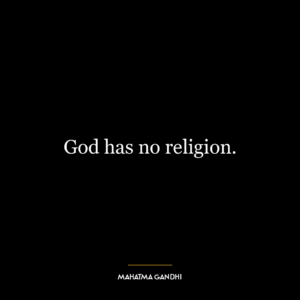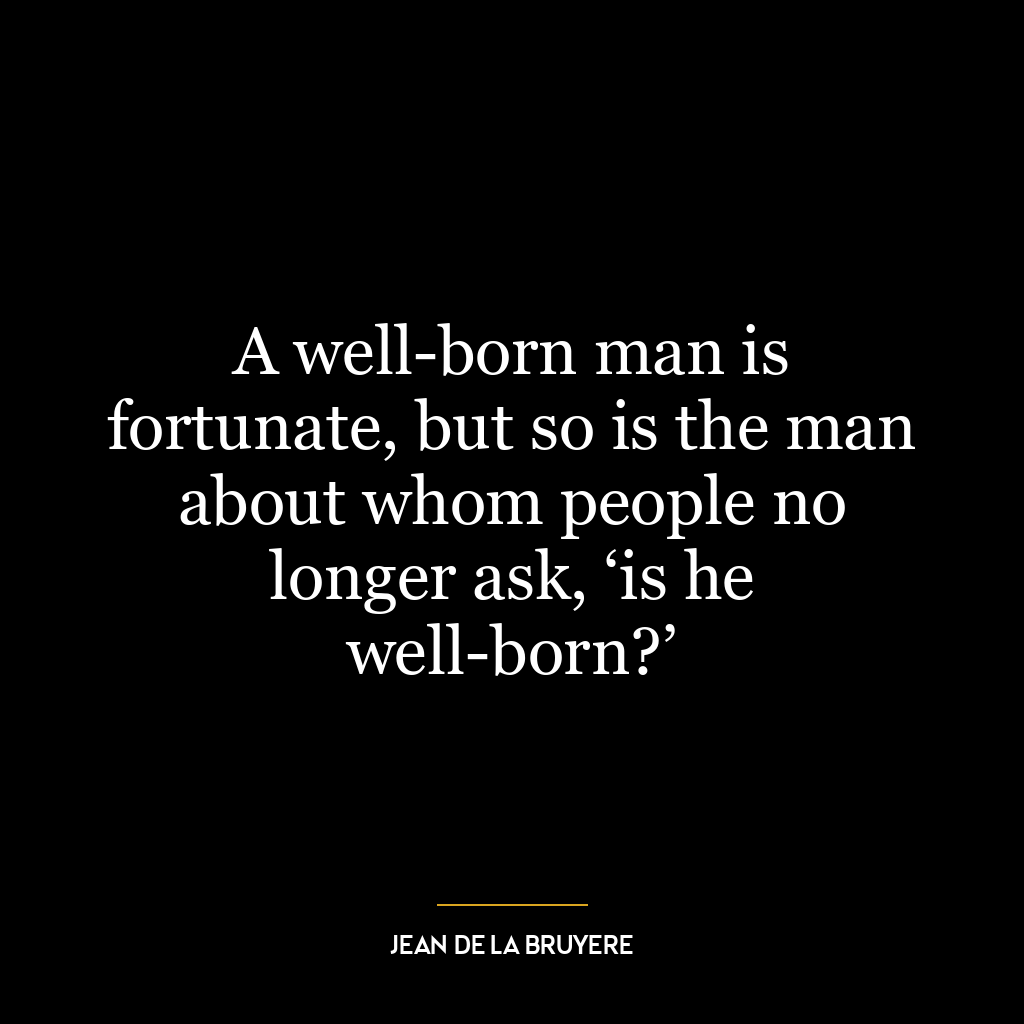There is no reason to believe that there is one law for families and another for nations.
This quote implies that the same principles of respect, understanding, and cooperation that apply within a family should also apply to the relationships between nations. Just as family members have to live together, share resources, and resolve conflicts peacefully, so should countries. The quote suggests that there is no inherent difference in the rules of conduct that should govern these two types of relationships.
The quote promotes the idea of a universal code of ethics or law that applies to all relationships, regardless of their scale. It argues against the notion that the powerful can exploit the weak, that might makes right, or that different rules apply to different parties.
In today’s world, this quote is incredibly relevant. We live in an increasingly interconnected global society where the actions of one nation can have significant impacts on others. Climate change, nuclear proliferation, economic inequality, and pandemics are global problems that require global solutions. They cannot be resolved if nations act selfishly or shortsightedly, ignoring the needs and rights of others. Just as family members have to think about the well-being of the whole family, not just their individual desires, so should nations consider the well-being of the global community.
From a personal development perspective, this quote encourages us to apply the same principles of fairness, respect, and cooperation in all our relationships, whether they’re with family members, friends, colleagues, or strangers. It reminds us that these principles are not context-dependent but universal, and that living by them consistently can help us grow as individuals and contribute positively to our communities.









